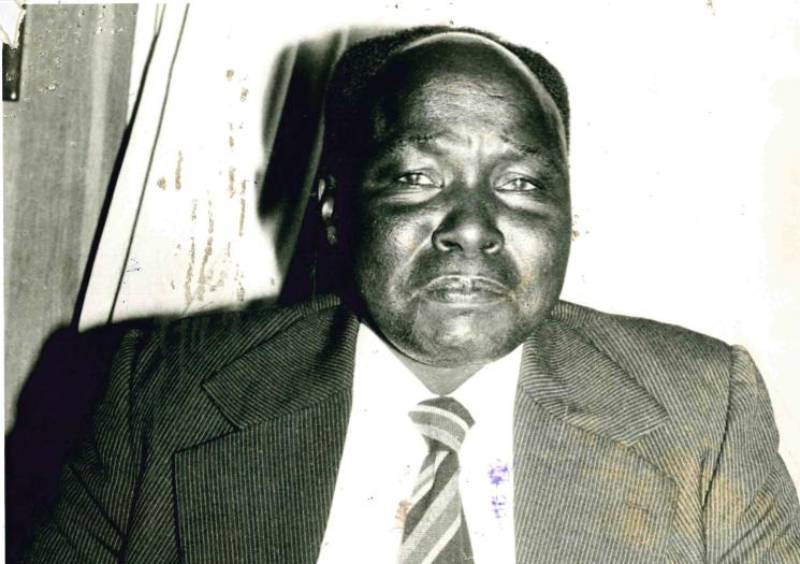
Francis Loile Polis Lotodo was one of a kind. He put his tribe’s interests ahead of everything else. He was an ultra-conservative and stubborn stickler for adhering to traditions perceived to be repugnant in a modern Kenya. For example, he believed that cattle rustling (outlawed in Kenya) was part of the Pokot culture, and he was ready to be jailed for his opinions.
His rigid traditional opinions often antagonised other Kenyan communities. In 1993, he went on record as having given members of the Kikuyu community an ultimatum to leave Pokot District or face eviction by the locals, accusing them of denying the Pokot their livelihood. He targeted the same community before the 1997 General Election. He reportedly instructed those who had settled in West Pokot to “go and vote where they were born”. Several independent human rights bodies, including the Institute for Education in Democracy, the Catholic Justice and Peace Commission and the National Council of Churches of Kenya, cited this as an election malpractice.